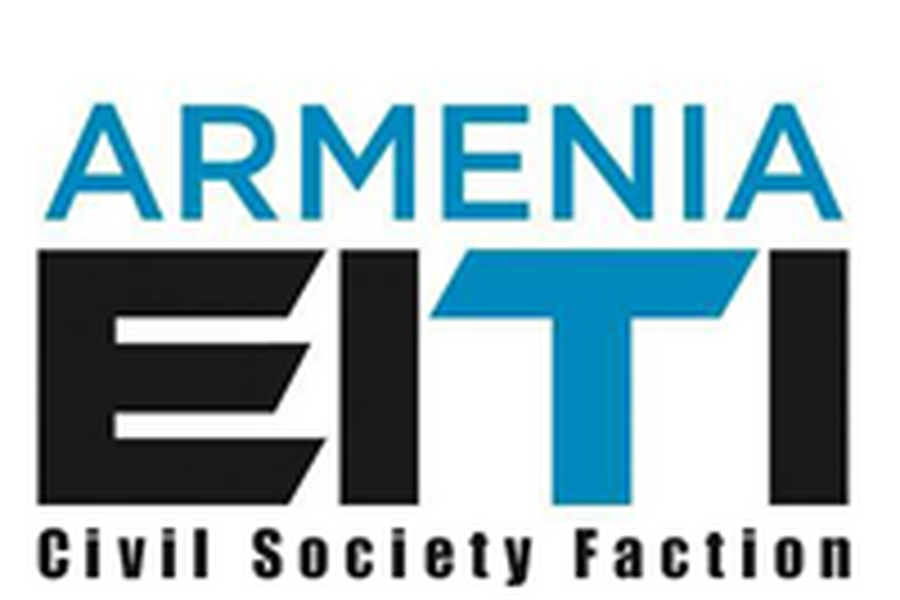TI calls on EU to strengthen debarment of corrupt companies
Broaden scope and strengthen enforcement, says TI in letter to EU Vice President Kallas
Brussels / Berlin, 6 April 2006 --- A stronger, more transparent and harmonised European Commission debarment system (also known as blacklisting) will ensure that corrupt companies and greedy public officials do not sap EU resources, says Transparency International (TI).
TI has presented detailed recommendations to Siim Kallas, the European Commission's Vice President for Administrative Affairs, Audit and Anti-Fraud, urging that the current debarment system be more rigorously enforced, more transparent, and standardised across the departments of the EU. It is also vital that member states bring their national debarment mechanisms into line with a common standard.
"A strong debarment system is critical to prevent corrupt companies from enjoying the benefits of publicly funded contracts anywhere in the European Union, at any level," said Huguette Labelle, Chair of Transparency International. "Our ultimate goal here is to change behaviour, and above all, to increase the power of the debarment system to prevent further abuse."
Although there are provisions in the EU for excluding companies from public tenders if they are found to have bribed, these vary across the institution, are inadequately enforced and their mechanisms remain shrouded in obscurity. The current framework, for example, does not apply to the approximately 80 percent of the EU budget spent under member states' management (shared management schemes).
Cases like the United Nations Oil-for-Food scandal underscore the importance of adequate corruption prevention in international organisations. The EU must do more to protect its financial interests and to safeguard taxpayer funds.
In particular, TI recommends, to Vice President Kallas, the following:
- Lists and details of debarment mechanisms must be made public to maximise their preventive potential;
- Due process must be observed when companies are placed on or removed from debarment lists;
- Debarment must be automatic following a court conviction; in cases where there is no conviction, but where corrupt behaviour can be verified, clear criteria must guide the debarment process;
- Options for centralising the debarment function in the European Commission must be explored to bring consistency and accountability to the system.
The recommendations grew out of a 23-24 January roundtable organised by Transparency International with the European Anti-Fraud Office, attended by EU officials, business leaders, and other experts.






